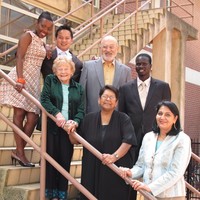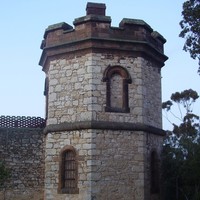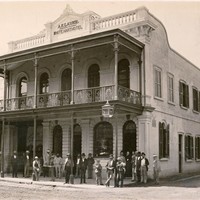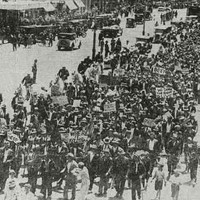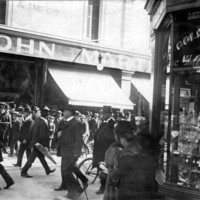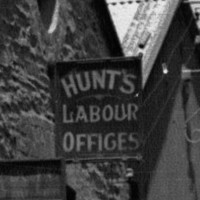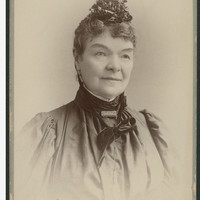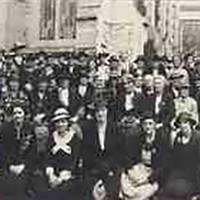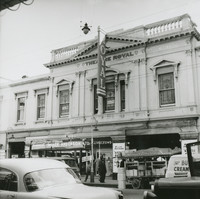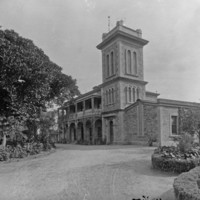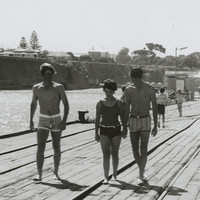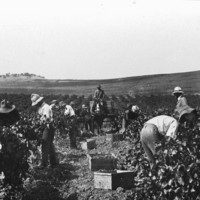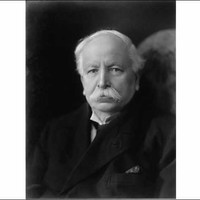The History Trust of South Australia is coordinating a series of programs and events to mark the 125th anniversary of womens suffrage in South Autralia. In December 1894, after decades of activism, women in South Australia were awarded the right to vote and stand for parliament. In 2019 we will celebrate the victory of the early suffragists such as Mary Lee, Augusta Zadow, Catherine Helen Spence and those who joined the fight. The Suffrage 125 initiative will explore issues of gender equality over the past 125 years.
